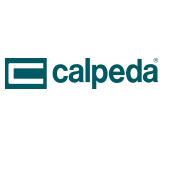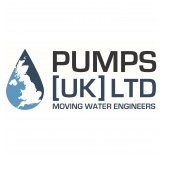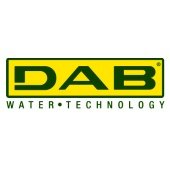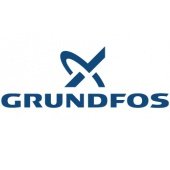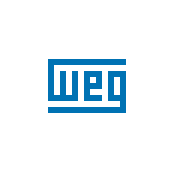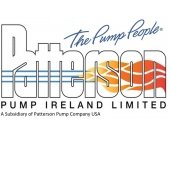Europump – it’s history, structure, and raison d’etre
40.png)
It was back in 1960 that a French politician and German industrialist - Robert Proton de la Chapelle and Ruprecht Weise - had the notion of forming a multinational organisation to address the common interests of European pump manufacturers. From that germ of an idea, the European Committee of Pump Manufacturers was created. In the words of its founding fathers: “It was a grouping that went beyond purely commercial considerations and aimed at noble ends. Understanding between very different people but exercising the same profession, from North to South, from West to East, was born.”
In 1993 the General Secretariat moved to Brussels to be closer to the institutions and stakeholders of the EU. Today, Europump is located in the offices of Orgalim, the liaison group for the European engineering industry, which offers the advantages of access to a broad range of regulatory information and an early warning system on EU legislation. It also provides excellent opportunities for cooperation with many other sector associations and federations that service industry across the continent of Europe and beyond.
The Europump membership now comprises 16 National Associations within 12 EU Member States, namely Austria, Belgium, the Czech Republic, Denmark, Finland, France, Germany, Greece, Italy, the Netherlands, Poland, and Sweden, as well as Turkey, Russia, Switzerland, and the United Kingdom. Collectively, its members represent more than 450 individual companies with a combined production value of more than €10 billion, and which employ over 100,000 people. It’s mission today remains consistent with its original aspirations; to serve as a spokesperson for the pump industry; to provide expertise on technical and other pump industry-related matters; and to provide an effective forum for dialogue and exchange on matters of joint concern to its members.
Commissions & Working Groups
The work of Europump is structured around its four Commissions: The Standards Commission, The Technical Commission, The Marketing Commission, and The SME Commission.
Most of these Commissions have created further working groups to deal with specific topics and dossiers. This not only enables better streaming of the workflow, but it also allows for a concentration of expertise where and when it counts.
Below you can see a breakdown of the four Commissions, their respective working groups, and the topics currently being addressed. It should be noted that all these groups are open to all Europump members (National Associations and their company members), and participation is always most welcome!
1. STANDARDS COMMISSION
- Core Group for EU Discussions and Meetings on EcoDesign
- JWG on EcoDesign:
- Submersible multistage pumps special group (MS-S group):
- Multistage Pumps
- Circulators
- Boosters
- SBTi (environment impact use phase)
- Submerged Motor Testing Specification
- Digitalization
- IPSC – Cooperation with HI and ISO TC 115
2. TECHNICAL COMMISSION
- Circular Economy
- Environmental Product Declaration / Product Environmental Footprint
- PFAS
- Material in contact with Drinking Water
3. MARKETING COMMISSION
- Annual Global Market Outlook / World Pump report (Oxford Economics)
- PR through relevant magazines/industry press
- Marketing Strategy incl website, trade fairs, annual conference
4. SME COMMISSION
The aim of this Commission is to support the direct communication between small and medium size European and North American pump manufacturers looking for qualified potential partners and to solve common issues. Meetings and visits to pump manufacturers’ facilities as well as those of suppliers and downstream users of pumps are regularly organised.
To learn more about the work undertaken by Europump, or to express interest in joining any of the Working Groups, please contact the secretariat at secretariat@europump.org Alternatively, further information can be found at https://europump.net/.
Back to Latest News
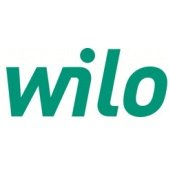
1.png&w=170&h=170)
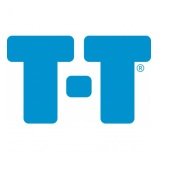
2.jpg&w=170&h=170)
3.png&w=170&h=170)
